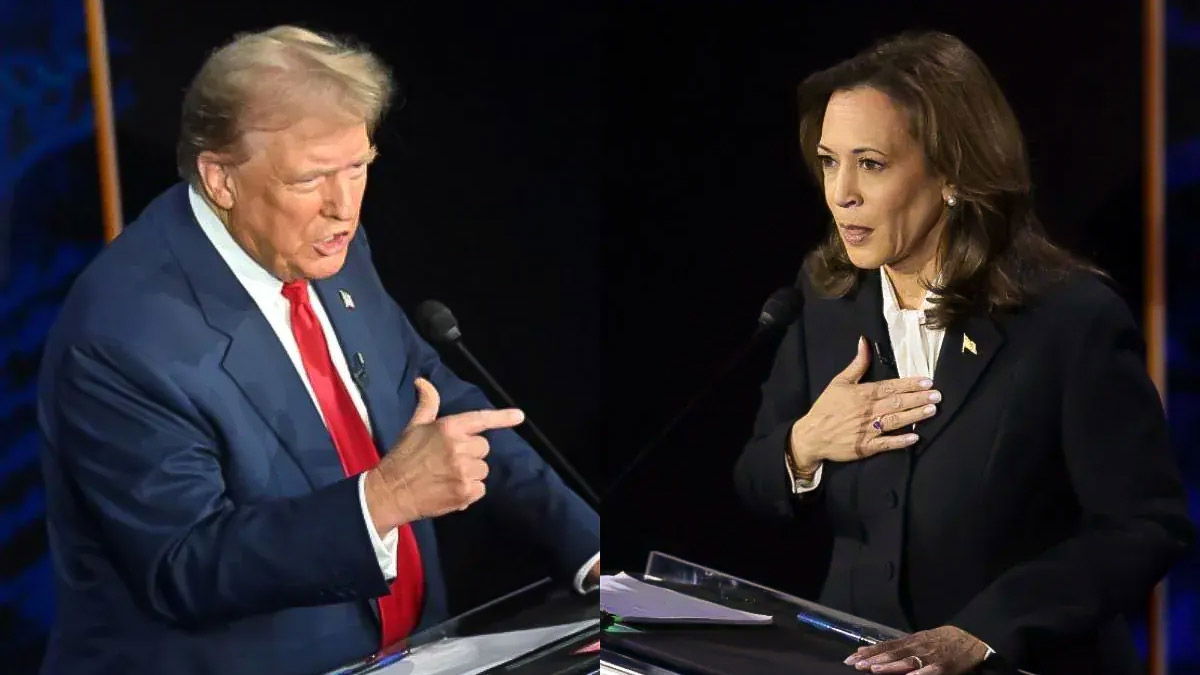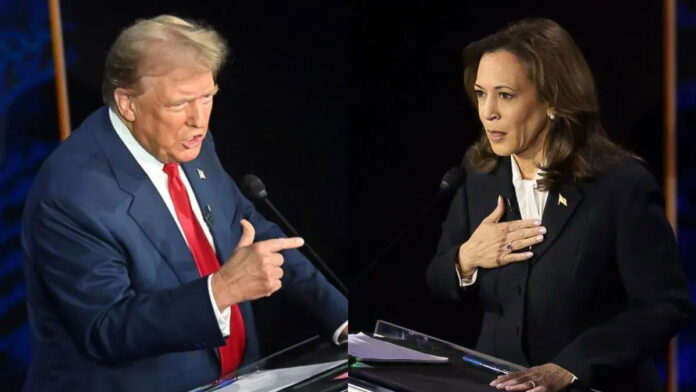
A federal judge has ruled in favor of New York-based exchange Kalshi, striking down the Commodity Futures Trading Commission’s (CFTC) prohibition on offering bets on U.S. election outcomes. The decision challenges a longstanding ban on election betting in the U.S., but its implementation remains on hold pending further hearings.
U.S. District Court Judge Jia Cobb ruled last Friday in Kalshi’s favor but paused the case until a planned hearing later this week, where the court is expected to explain its reasoning and consider the CFTC’s request for a two-week delay.
Kalshi, which sought to list yes-or-no prediction contracts on which party would control Congress, strongly criticized the CFTC’s stance. “The commission lost, fair and square, on the law,” Kalshi said in court filings. “It should not be allowed to snatch a procedural victory from the jaws of defeat by running out the clock” before the upcoming Congressional elections.
The CFTC, which blocked Kalshi’s proposal in September 2023, argued that such contracts could “have an adverse effect on the integrity of elections, or the perception of integrity of elections.” The agency also raised concerns about monetary incentives potentially influencing voter behavior.
Betting on U.S. elections remains illegal in every U.S. jurisdiction, though it is available through foreign betting sites, particularly in Europe, where election betting is common.
It remains unclear whether Kalshi or other companies will seek to offer contracts on other future elections, including the 2024 U.S. presidential race. In 2020, several major U.S. sportsbooks expressed interest in offering bets on presidential elections if allowed by law, according to The Associated Press.
European bookmakers have already placed odds on the upcoming U.S. presidential election. Vice President Kamala Harris is currently favored to win, with odds giving her a 54-55% probability following her recent debate performance.
Original article: https://www.yogonet.com/international/noticias/2024/09/12/78466-us-court-ruling-could-open-door-to-legally-bet-on-elections














